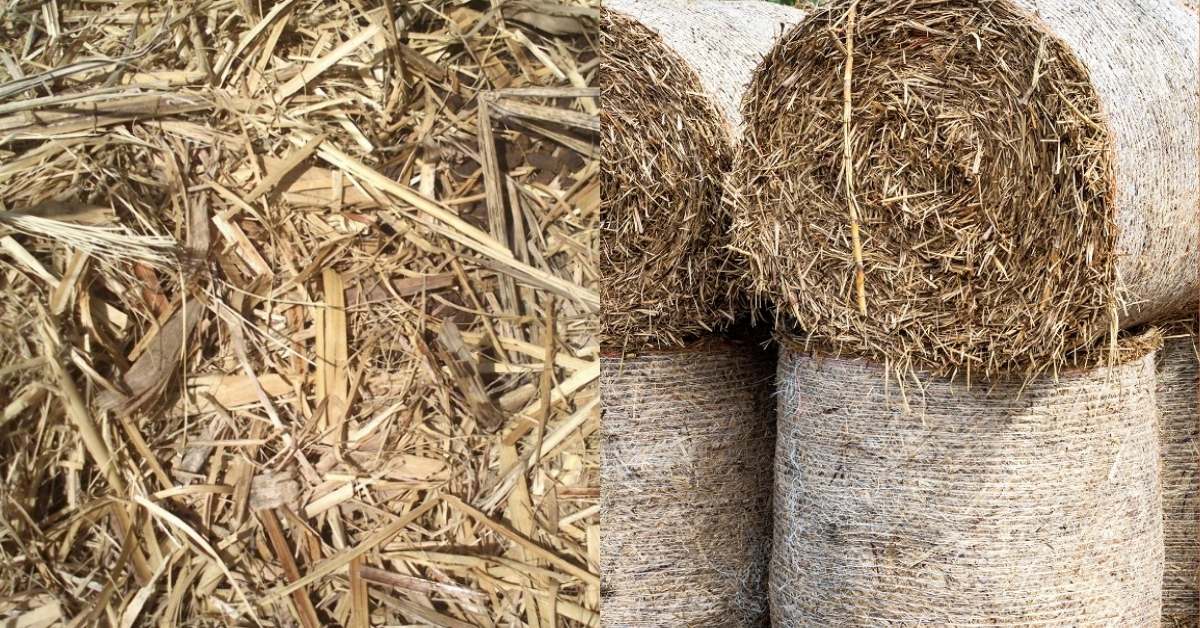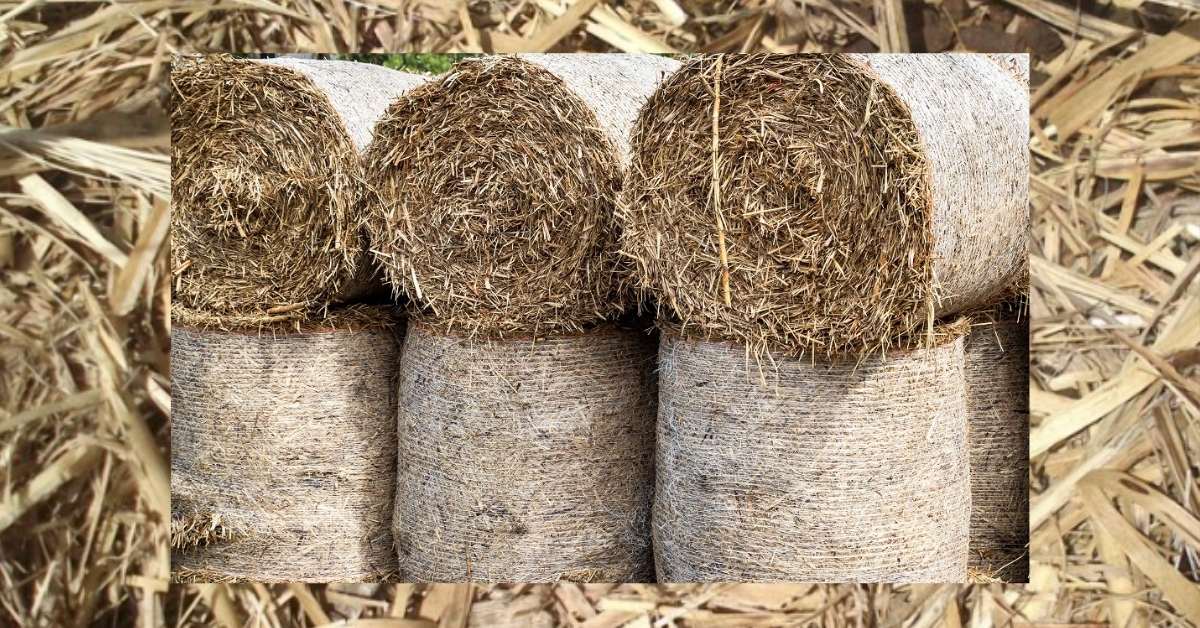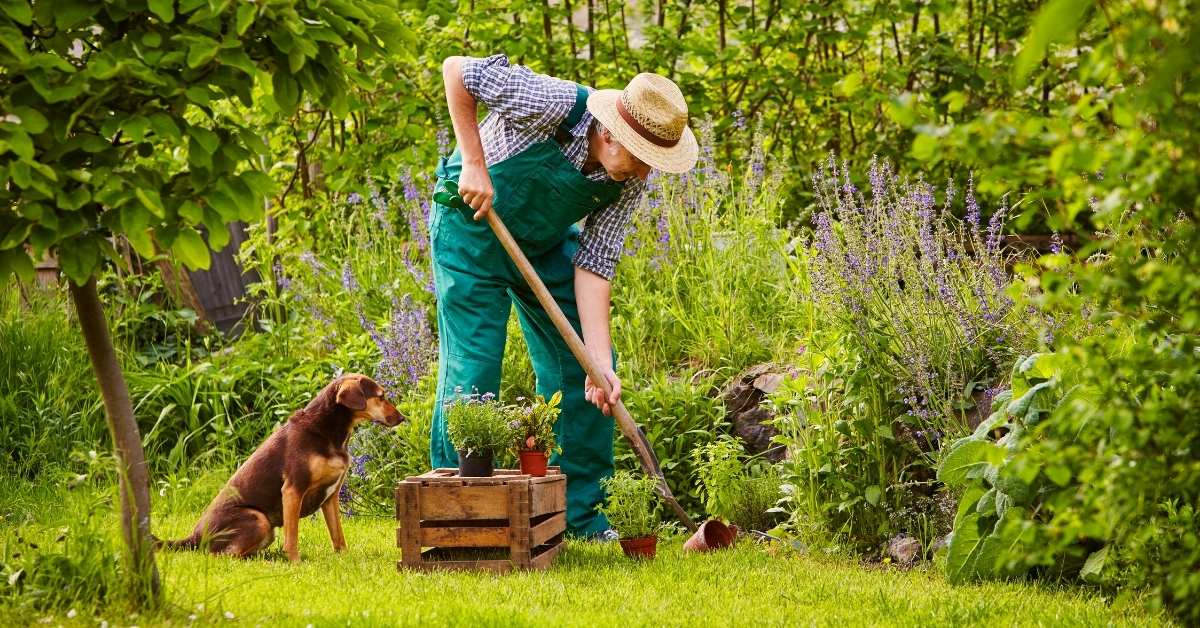I’ve experimented with a variety of mulches in my garden, as have other gardeners. Some were chosen for their aesthetic appeal, while others were chosen for their capacity to manage weeds or to provide a feeding solution. But before I started using sugar cane mulch, I had never been pleased with any mulch that offered all three possibilities.

Where Does Sugar Cane Mulch Come From?
For those who have no idea what sugar cane mulch is, allow me to explain. When sugar cane is processed, it leaves behind the cut canes – extracted of all its sugary goodness. These canes are then usually burnt as a waste product polluting the atmosphere with gases and smoke.
In reality, before the sugar cane is harvested, farmers often burn the field to eliminate debris and plant litter, which aids the harvesting process. This practice’s days are numbered, which means that more leaf litter ends up as a waste product at the mill.
The growing amount of waste means the environment isn’t adversely affected, but it creates a massive dilemma for mill operators. Limited pre-burning and post-burning imply that something must be done to eradicate this waste product.
Like most problems in life, one man’s trash is another man’s treasure. With limited options to dispose of this waste product, it seemed “natural” to start using it as an organic mulch. And why not? Sugar cane mulch has so many benefits that it seems absurd that we haven’t been using it in the past.
What Are The Benefits of Sugar Cane Mulch
One of the most preferred mulches used by home gardeners has been pea straw or lucerne hay. It has been used ever since mulching became fashionable and has offered gardeners a versatile and relatively cheap mulch. However, the one major downfall of these mulches is that they need to be wholly weed-free yet seldom are thereby introducing more weeds into our gardens.
Sugar cane mulch doesn’t carry weeds or their seed.
In other settings, gardeners have opted for more aesthetic and durable mulches to cover their garden beds. Organic mulches such as; tree barks – waste products from timber mills, recycled green waste, and other mulched items have been preferred because they last quite a long time and add to the garden‘s visual appeal.
This is where sugar cane mulch comes into its own as well. Because of its fine strands don’t break down as quickly and won’t bleach in the sun, meaning that it looks as good 12 months later than it did the day it was used to cover the garden beds.
Finally, sometimes gardeners opt for feeding mulches. These mulches offer gardeners the ability to feed their beds with a single approach. The mulch will usually consist of animal manures, trace elements, and other organic fertilizers (worm castings, etc.) that help nurture plants. The only downside to this is that one size doesn’t usually fit all, and one feeding mulch can’t aid native plants, plus exotics, plus fruit and vegetables.
And this might be where sugar cane mulch comes into its own. From the moment it has been used to cover the earth around your plants and then watered in, you can almost smell the goodness of its effect. Being an organic mulch that breaks down slowly allows the micro-organic world to flourish beneath its cover.
If you need extra fertilizers for your plants, then you can introduce these before the sugar cane mulch is applied and then supplement your plants with a liquid spray on a regular basis, as needed.
The Problems With Sugar Cane Mulch
There aren’t any problems associated with sugar cane mulch, although the price is a little dearer than most conventional mulches. For instance, a bale of pea straw might set you back between $7-11 per bale (depending on quality), while a bale of sugar cane mulch will set you back about $16.
I’m not sure why it’s more expensive, as one might expect that a waste product that can be processed on-site would be far more economical than hay harvested in the field. Hopefully, in time, the novelty factor will fail to appeal, and we might be able to obtain this excellent mulch for a more reasonable price.



Like you, I have not been happy with most mulches available. So my question is where do you find sugar cane mulch. Been searching to no avail.
I would also like to know. Is this something that is found in certain countries or certain states? I am in FL and am having no luck